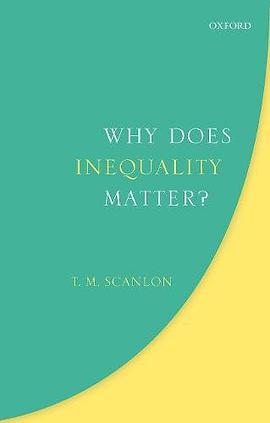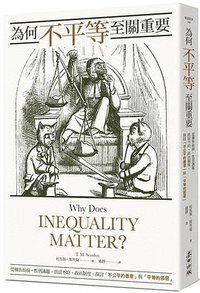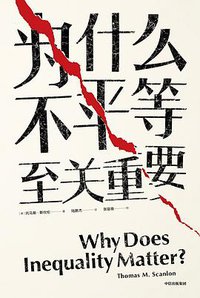
T. M. Scanlon
简介
Inequality is widely regarded as morally T. M. Scanlon investigates why it matters to us. Demands for greater equality can seem puzzling, because it can be unclear what reason people have for objecting to the difference between what they have and what others have, as opposed simply to wanting to be better off. This book examines six such reasons. Inequality can be objectionable because it arises from a failure of some agent to give equal concern to the interests of different parties to whom it is obligated to provide some good. It can be objectionable because it involves or gives rise to objectionable inequalities in status. It can be objectionable because it gives the rich unacceptable forms of control over the lives of those who have less. It can be objectionable because it interferes with the procedural fairness of economic institutions, or because it deprives some people of substantive opportunity to take part in those institutions. Inequality can be
objectionable because it interferes with the fairness of political institutions. Finally, inequality in wealth and income can be objectionable because it is the institutional mechanisms that produce it cannot be justified in the relevant way. Scanlon's aims is to provide a moral anatomy of these six reasons, and the ideas of equality that they involve. He also examines objections to the pursuit of equality on the ground that it involves objectionable interference with individual liberty, and argues that ideas of desert do not provide a basis either for justifying significant economic inequality or for objecting to it.
contents
1: Introduction
2: Equal Concern
3: Status Inequality
4: Procedural Fairness
5: Substantive Opportunity
6: Political Equality
7: Equality, Liberty, and Coercion
8: Desert
9: Unequal Income
10: Conclusions
1:介紹
2:同等重視
3:狀態不平等
4:程序公正
5:實質性機會
6:政治平等
7:平等,自由和強制
8:沙漠
9:收入不平等
10:結論

